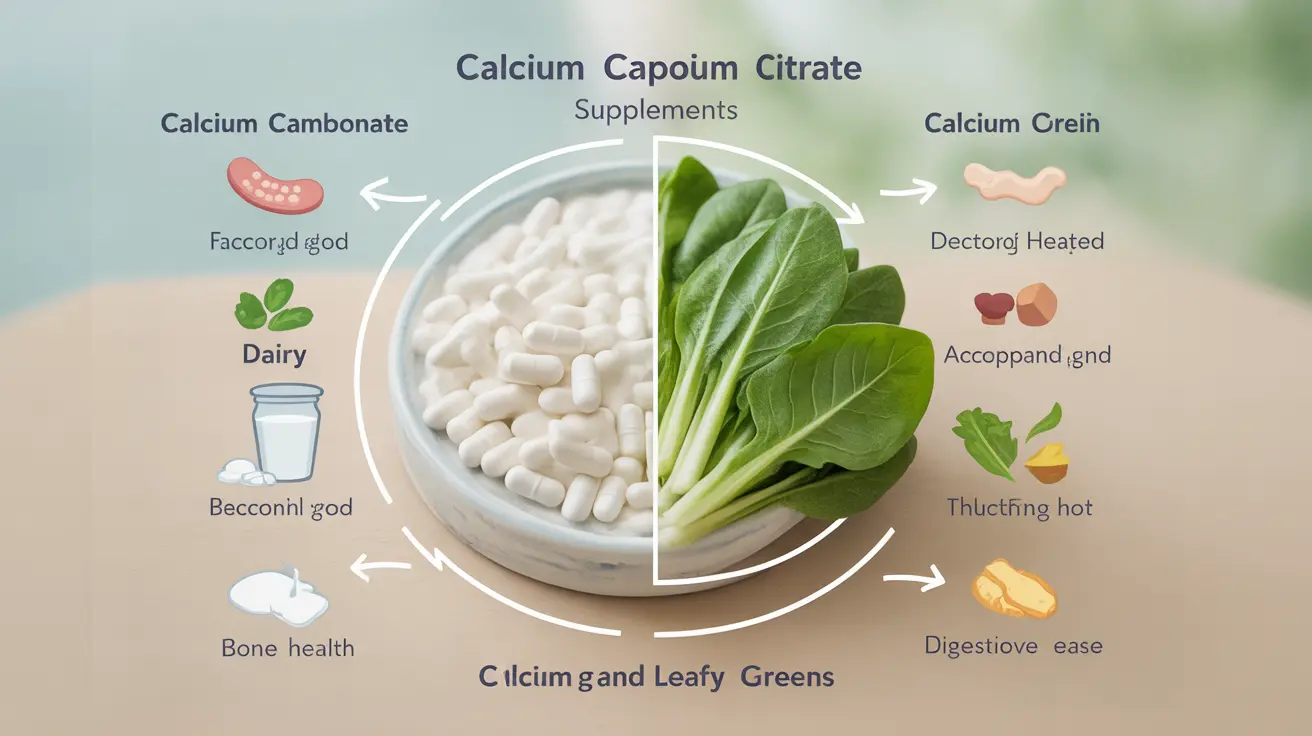Many people take calcium supplements or consume calcium-rich foods to maintain strong bones and overall health. However, some individuals experience digestive issues, particularly constipation, when increasing their calcium intake. Understanding the relationship between calcium and constipation is crucial for managing these side effects while maintaining adequate calcium levels for optimal health.
How Calcium Affects Digestive Function
Calcium plays various roles in the body, including influencing digestive processes. When consumed in supplement form, calcium can bind with other substances in the digestive tract, potentially leading to slower movement of waste through the intestines. This binding effect is particularly notable with certain types of calcium supplements, such as calcium carbonate.
The Difference Between Dietary and Supplemental Calcium
The body typically processes calcium from natural food sources differently than it does from supplements. Dietary calcium, found in foods like dairy products, leafy greens, and fortified beverages, is usually better absorbed and less likely to cause digestive issues because it comes packaged with other nutrients that aid in its absorption and processing.
Types of Calcium Supplements and Their Effects
Different forms of calcium supplements can have varying effects on digestive function. Calcium carbonate, while being the most common and affordable option, is more likely to cause constipation. Calcium citrate, on the other hand, is generally better absorbed and may be less likely to cause digestive issues, making it a preferred choice for those with sensitive digestive systems.
Prevention and Management Strategies
Proper Dosing and Timing
Taking the right amount of calcium at the right time can significantly reduce the risk of constipation. Instead of taking a large dose all at once, it's often beneficial to split the daily calcium supplement intake into smaller doses throughout the day. This approach can help minimize digestive side effects while ensuring adequate calcium absorption.
Lifestyle Modifications
Several lifestyle changes can help prevent or manage calcium-related constipation:
- Staying well-hydrated by drinking plenty of water
- Maintaining regular physical activity
- Including fiber-rich foods in your diet
- Taking supplements with meals
- Choosing the right type of calcium supplement for your body
Frequently Asked Questions
Can calcium supplements cause constipation, and if so, why?
Yes, calcium supplements can cause constipation, particularly when taken in large doses. This occurs because calcium can bind with other substances in the digestive tract, potentially slowing down the movement of waste through the intestines. The risk is higher with calcium carbonate supplements compared to other forms.
How does dietary calcium intake affect the risk of constipation compared to using calcium supplements?
Dietary calcium from natural food sources typically poses a lower risk of constipation than calcium supplements. This is because calcium in foods is accompanied by other nutrients that aid in its absorption and processing, making it easier for the body to handle.
What are the best ways to manage or prevent constipation when taking calcium supplements?
To manage or prevent constipation while taking calcium supplements, try dividing your daily dose into smaller amounts, staying well-hydrated, maintaining regular exercise, consuming adequate fiber, and taking supplements with meals. These strategies can help minimize digestive issues while ensuring you get the calcium you need.
Is calcium citrate less likely to cause constipation than calcium carbonate?
Yes, calcium citrate is generally less likely to cause constipation than calcium carbonate. It's more easily absorbed by the body and tends to cause fewer digestive side effects, making it a better choice for people who are prone to constipation or have sensitive digestive systems.
How can I reduce the likelihood of experiencing constipation due to calcium intake, especially if I have other digestive issues?
If you have digestive issues, consider switching to calcium citrate, spacing out your doses throughout the day, ensuring adequate hydration, increasing fiber intake, and maintaining regular physical activity. It's also important to discuss your concerns with a healthcare provider, who can help customize a calcium supplementation plan that works best for your individual needs.




